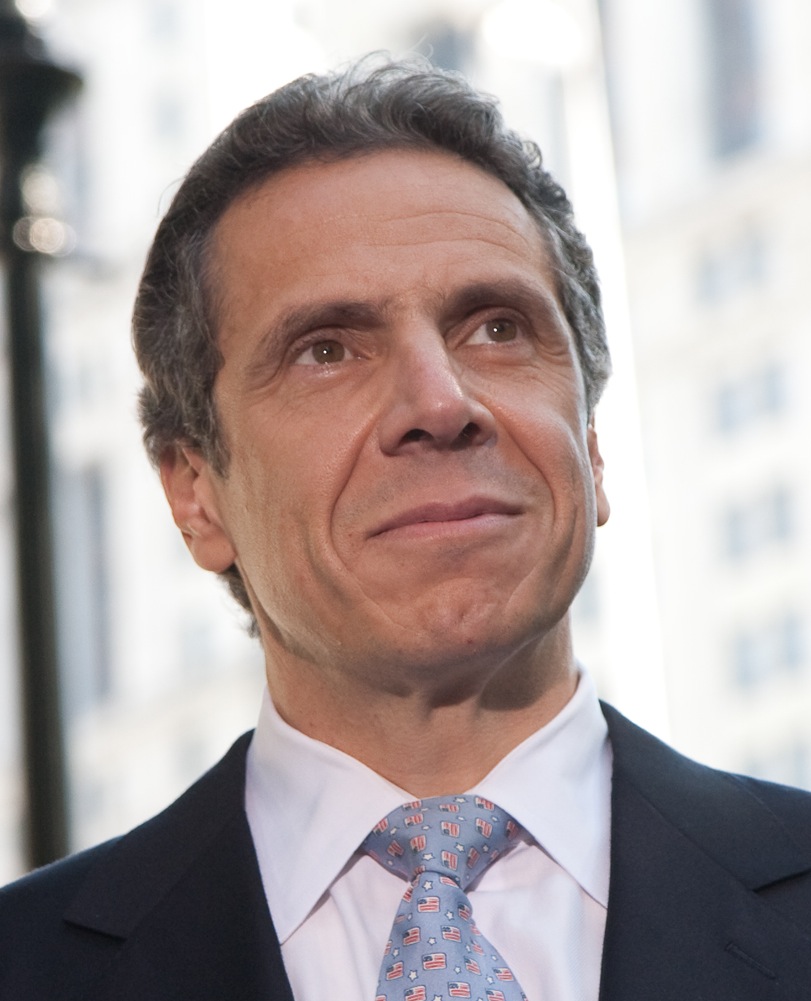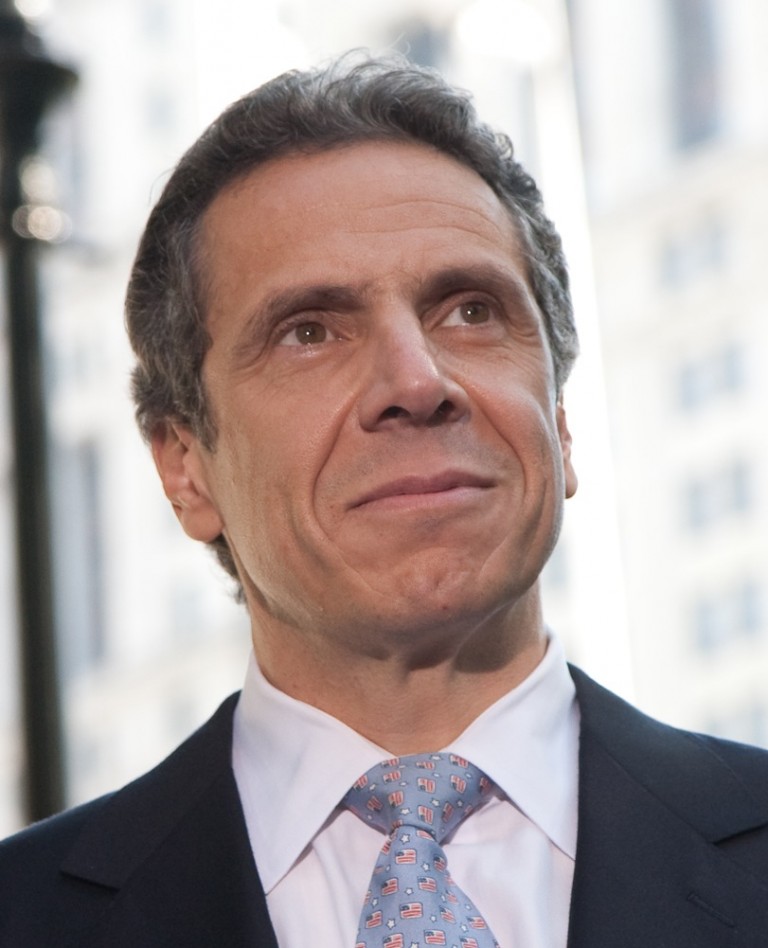 New York has its share of corrupt former officials, and plenty to spare. Ethics reform has been a hot topic for years and with the end of this year’s congressional session quickly approaching, Governor Andrew Cuomo has pushed through a reform bill that has broad support in the State Congress.
New York has its share of corrupt former officials, and plenty to spare. Ethics reform has been a hot topic for years and with the end of this year’s congressional session quickly approaching, Governor Andrew Cuomo has pushed through a reform bill that has broad support in the State Congress.
Last week, Cuomo announced an agreement with Senate Majority Leader Dean Skelos and Assembly Speaker Sheldon Silver that creates “unprecedented transparency, strict disclosure requirements and an enforcement unit with broad oversight.”
On Tuesday, Cuomo introduced the Public Integrity Reform Act of 2011, which is expected to be discussed by the full Senate and Assembly sometime next week.
“This legislation will usher in a dramatic change in the way Albany does business and is a historic step in restoring the public’s trust in government,” Cuomo said.
The reform act will require elected officials to disclose outside income and clients that have business with the state. A public database, known as “Project Sunlight,” will aggregate this information.
Under the new legislation, legislators that have been convicted of crimes related to their office will also be at risk of having their pensions stripped.
Most significantly, the proposed bill will create an independent commission with authority to police the Congress, lobbyists and the Governor’s office. The commission will be composed of 14 members, six appointed by the governor and eight by the legislature (four from each party). Investigations can only be launched by a panel majority vote and must include at least two members from each party.
However, on Wednesday the New York Times reported that there were several discrepancies in the new bill that could cloud or derail ethics investigations. Income categories were expanded from six to more than 100 and a clause was added that exempts the disclosure of a firm’s clients if the lawmaker employed by them has no direct contact with the client.
The oversight committee has some oddities: A vote of 12-2 in favor of launching an investigation might not pass if two of the Governor’s Democratic appointees vote no, and the number of Assembly and Senate appointees could cripple the congressional minority if the balance changes in future elections.
Nevertheless, the lack of any current ethics oversight has helped draw broad support for the bill.
“We’ve got more work to do, but now with stronger disclosure requirements, an independent oversight commission, greater transparency for those doing business with the state by ending ‘pay to play’, and tougher deterrents for public corruption, such as no pension awards, we’ve overcome the past blockages in Albany to ensure that the people come first with state government,” said Senator Joe Addabbo (D-Howard Beach).
Addabbo said he has been fighting for ethics reform since serving on the City Council’s Government Operations Committee in 2001.
The past few years have been particularly rife with ethics violations. Governor Eliot Spitzer resigned in 2008 after it came out that he frequented prostitutes. Richmond Hill Assemblyman Anthony Seminerio resigned in 2009 before pleading guilty of accepting “consulting fees” for favorable treatment in Albany and Brooklyn Senator Carl Kruger was indicted this year for bribery.
New York’s ethics problems aren’t just in the statehouse: Representative Charlie Rangel was censured last year for multiple ethics violations, and while the bill was being drawn up by Cuomo and his colleagues, Representative Anthony Weiner (D-Forest Hills) was coming under fire for inappropriate online relationships, as well as sending lewd photos to numerous women—and then trying to cover it up.
Local and state legislatures hope the reform bill will usher in a more transparent and cleaner era for Albany.
“For too long, people had lost faith in their state government to effectively work for the people,” said Assemblyman Mike Miller (D-Woodhaven). “I supported this bill last year and my hope is that this legislation will prevent some of the wrong-doing we have seen in the past. Transparency is the key to any effective government and I’m glad to see that we are finally achieving that.”
by David Harvey

